The steady patter of rain on the evening of Feb. 5 didn’t deter more than 200 people from turning out to hear from nine candidates competing to shape Asheville’s future as members of City Council. Over the course of 90 minutes, security guard Larry Ray Baker; architect Kristen Goldsmith; real estate broker Sandra Kilgore, financial adviser Rich Lee; construction project manager Shane McCarthy; piano teacher Kim Roney; activist Nicole Townsend; French Broad Food Co-op project manager Sage Turner; and City Council incumbent and Buncombe County Deputy Clerk of Superior Court Keith Young, made their cases at a forum hosted by Mountain Xpress and moderated by freelance journalist Mark Barrett and “Asheville View” producer Aisha Adams. Here are 10 takeaways from the discussion:
1. Progressive priorities
The candidates agreed on a wide range of progressive initiatives, such as increasing transit service, hiring an urban forester to protect the city’s tree canopy and raising the minimum wage to $15 per hour for city employees, though they differed in how they would pay for the initiatives. Baker, the only registered Republican in the running, said his party affiliation didn’t stop him from supporting many of the initiatives. “When it comes to Republican, Democrat, Libertarian, Green, I don’t see it as an individual party,” said Baker, who at 23 is the youngest candidate in the race. “Sure, we’re two sides of a coin, but at the same time, we all want the same things. There’s just different ways of getting it.”
2. Differences over taxes
The candidates split on how to raise additional revenue during the lightning round, which featured a yes-or-no question format. McCarthy, Townsend and Young opposed a quarter-cent sales tax increase as a vehicle for funding expanded transit service. A separate 3-cent property tax proposal, pitched in January by Young and Council member Julie Mayfield, would pay for transit, climate-related initiatives and affordable housing; that idea garnered the support of Kilgore, McCarthy and Lee, in addition to Young. All candidates except for McCarthy supported a new food and beverage tax, though Young interjected that it should only apply to alcohol sales.
3. Climate responsibility
Turner said she joined a pledge by Asheville Greenworks to plant 50,000 trees in Asheville by 2040, while Lee advocated for a carbon fee and dividend proposal brought forward by Citizens’ Climate Lobby, an international environmental group with an Asheville chapter. Townsend said that while she supported many environmentally-focused initiatives, those efforts should be considered through an equity lens. “Anything we do that involves climate needs to have a race and class analysis,” she said. “Yes, let’s plant more trees — and let’s have real conversations that many of our community members have been telling us for years that the reason trees are being cut down in their neighborhoods is so that police can surveillance them better.”
4. Education deviation
Candidates differed on how to address challenges facing Asheville City Schools, which has the largest gap between the proficiency of white and black students of any district in the state. With Young dissenting, the other eight candidates said they would support changing the Asheville City Board of Education from an appointed to an elected board. When it came to consolidating the school system into neighboring Buncombe County Public Schools, however, only Kilgore, McCarthy and Turner said they would support such a move.
5. Housing crunch
All of the candidates acknowledged that Asheville is experiencing an intensifying affordable housing shortage. Goldsmith said she would support new zoning regulations, including “upzoning” to integrate multi-family housing into single-family neighborhoods. Turner vowed to create 1,000 affordable units by 2025 by encouraging landlords to accept housing vouchers and other incentives. Townsend advocated for statewide rent control and reparations for community members impacted by the Asheville’s history of redlining, while Lee and Kilgore emphasized the need to grow small businesses and lure employers that pay higher wages. “If you don’t have the income to maintain the house, it doesn’t matter how affordable it is,” Kilgore said.
6. Tourism’s spoils
The audience erupted in cheers when all nine candidates said they would endorse an effort to reallocate more of the county’s occupancy tax to support city projects. State law currently requires that the Buncombe County Tourism Development Authority spend 75% of these taxes — nearly $19 million in the last budget cycle — on tourism marketing and advertising. Asked whether the city should use occupancy tax revenue to fund a significant portion of the $100 million in renovations needed for the Thomas Wolfe Auditorium, only Young indicated support for the idea.
7. Equity ascendent
Young touted his accomplishments in catalyzing the city’s Equity and Inclusion Department, Human Relations Commission and a Ban the Box resolution to prevent employment discrimination against formerly incarcerated people. “My whole life has been dedicated to equity,” he said.
Roney pointed to a need to not only advocate for marginalized groups, but remove barriers to participation in local government. “That means providing child care. It means language justice,” Roney said. “When we have an invitation for boards and commissions, we can say that the meeting will be in English, but we need to send the invitation out not in English, so that people will see it and understand that they are welcome in our City Hall, because it is our City Hall.”
8. Across the racial divide
Kilgore clarified that, in referencing the city’s “growing pains,” she had meant increasing racial disparities. “The growing pains I speak of basically have to do with the racial issues. That was where I was coming from,” she said. “I grew up here, I went to UNCA. I felt less racism then than I do today.”
When asked about her arrest for vandalizing a Pack Square Confederate monument in 2017, Townsend shot back, “Happy Black History Month.” She declared her dedication to support Asheville’s communities of color. “If you are for the side that says, ‘We will no longer honor white supremacy in our city,’ I’m probably the person you should vote for.” Later, Townsend closed the evening out with a rendition of the 1931 protest song “Which Side Are You On?”
9. Idealism vs. pragmatism
A question Xpress had hoped would spur candidates to address the difficulty of maintaining core city services like the water system, emergency services and street infrastructure while investing in newer priorities like expanding the transit system and transitioning to renewable energy didn’t quite work out that way. “I see the question as a bit of a false choice,” Lee said. “The investments that we can make now to improve transit, to improve our infrastructure, improve our housing, that’s going to make this a more prosperous community that can afford the things that we want.”
“The core job of our city government is to provide for the health and security of our citizens. That’s why we have police and fire, and that’s also why we need to invest in housing and protecting our environment,” McCarthy added. “That’s health, that’s safety and that’s security.”
10. Law and order
The current Asheville Police Department budget is sufficient to address property crime and other quality-of-life issues, all the candidates said during one lightning round. They also agreed that the city should expand its written consent policy to include pedestrians as well as motorists. Responding to a separate question directed specifically to her, Turner explained her support as chair of the city’s Downtown Commission for increasing police patrols in that part of the city. “Downtown was facing a shortage,” Turner said. “I want to make it clear that I supported the increase of the APD in downtown because we have 11 million tourists a year and a very active business district that had two resource officers at any given moment and not every day of the week.”
Watch the entire forum below, courtesy of Sunshine Request.



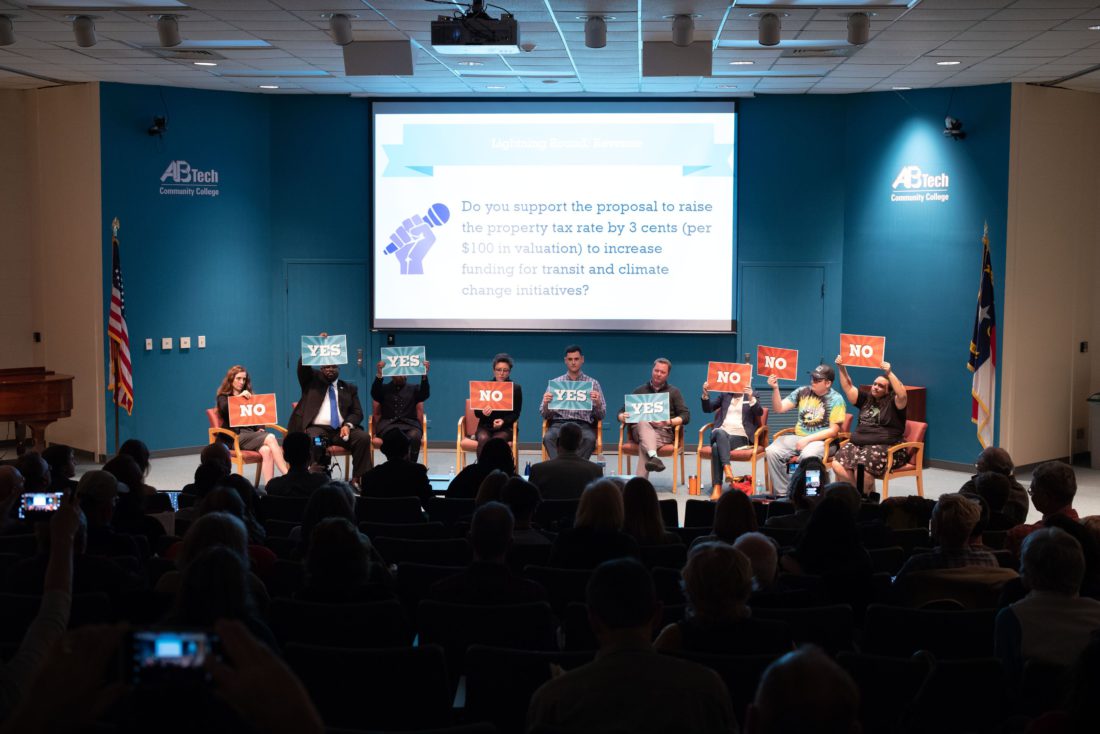



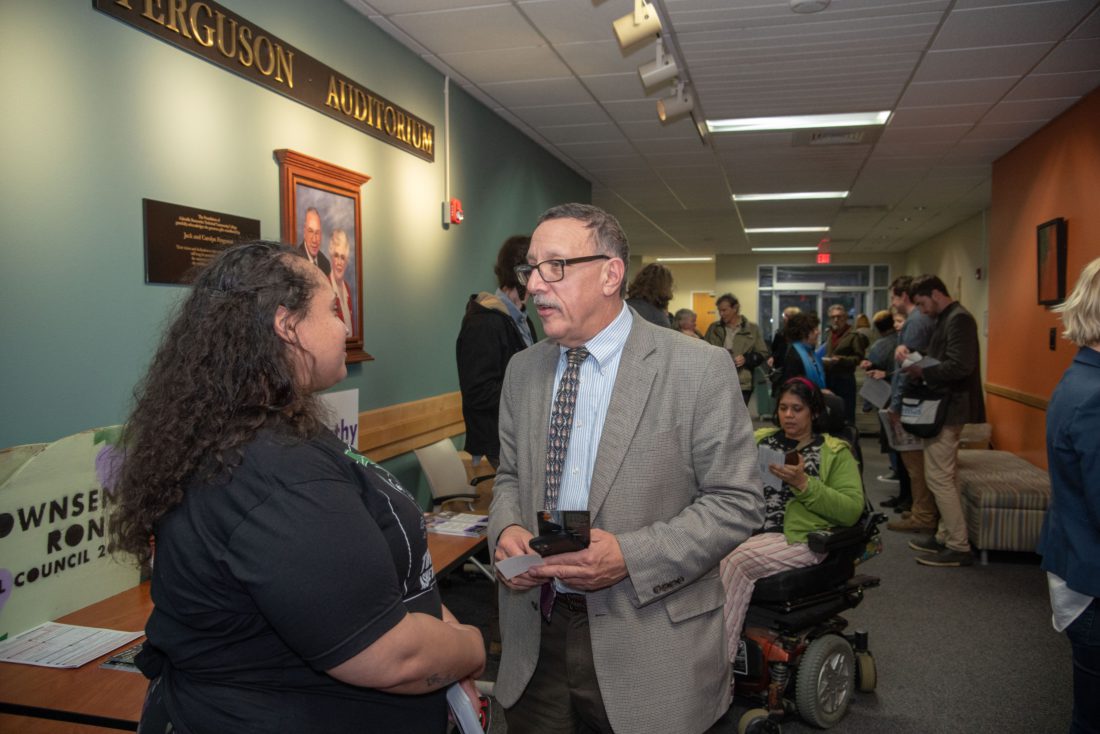

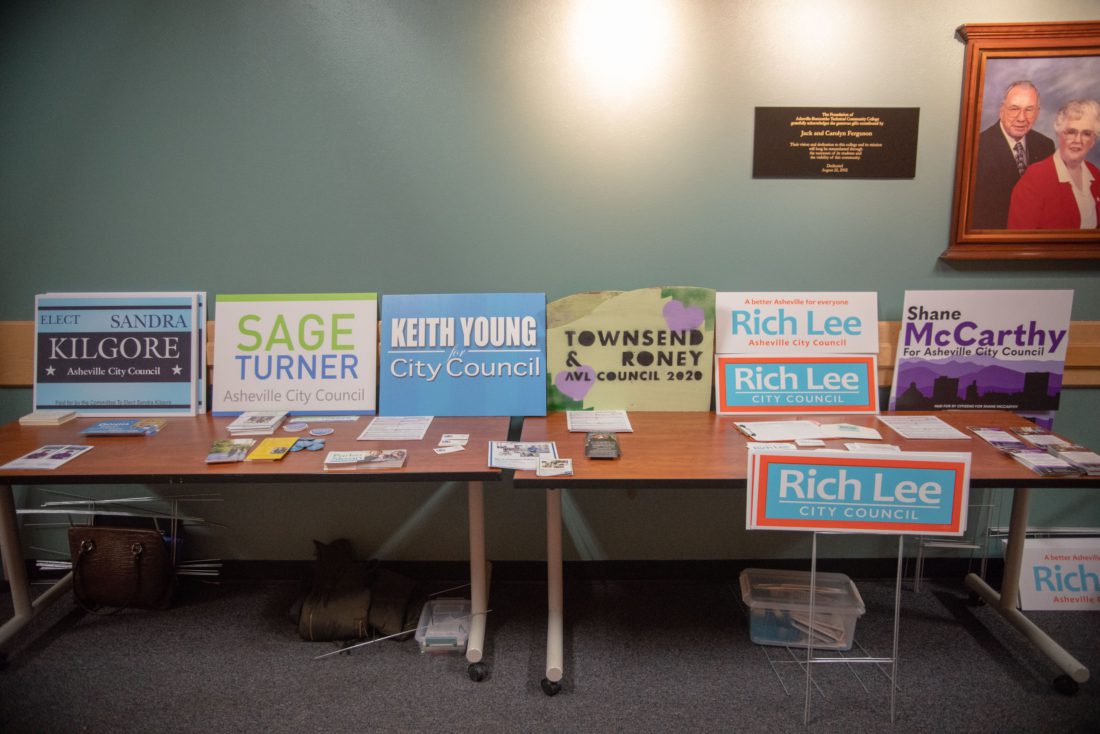

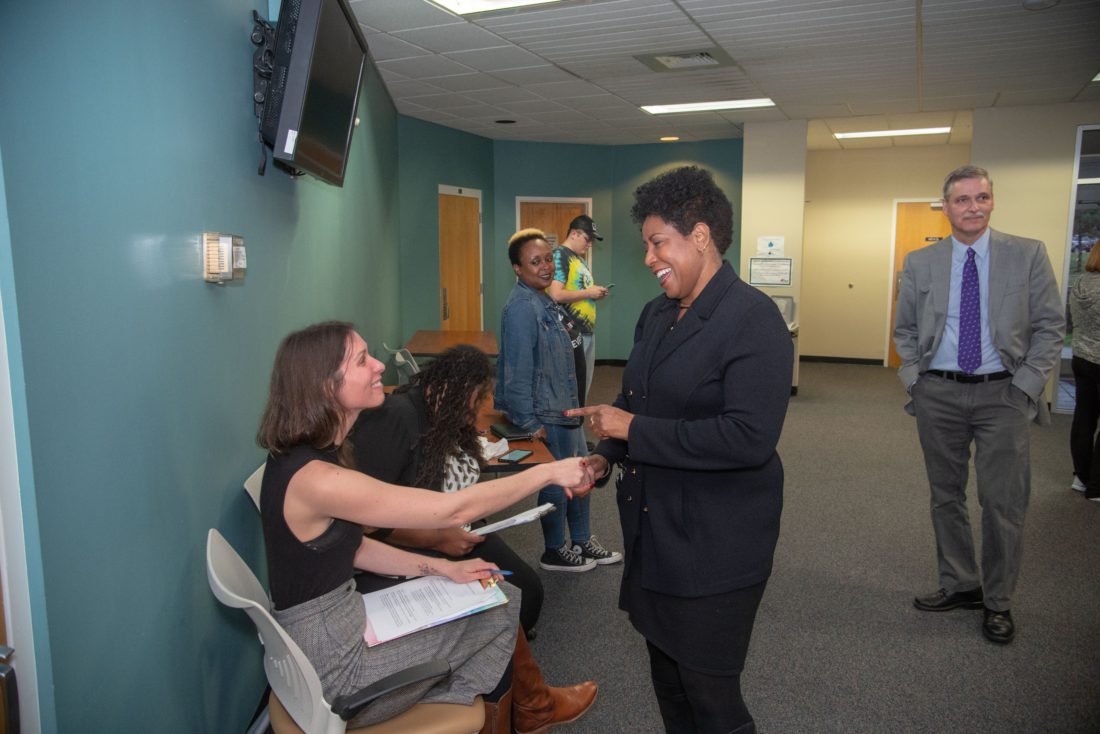

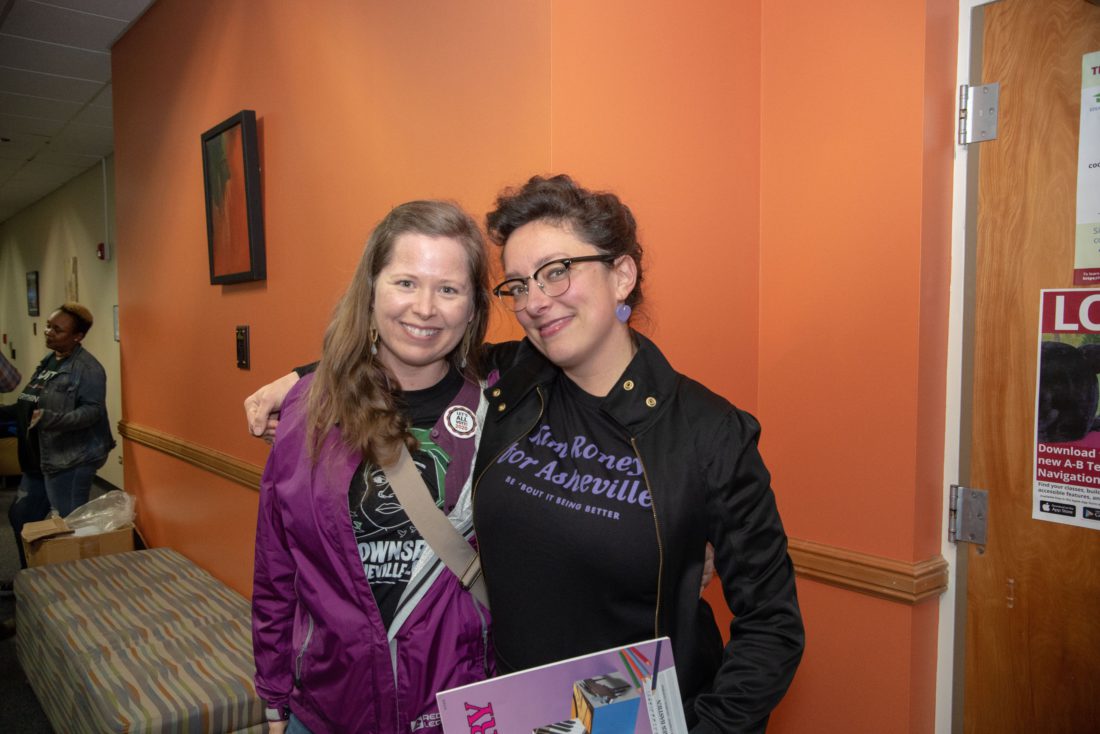
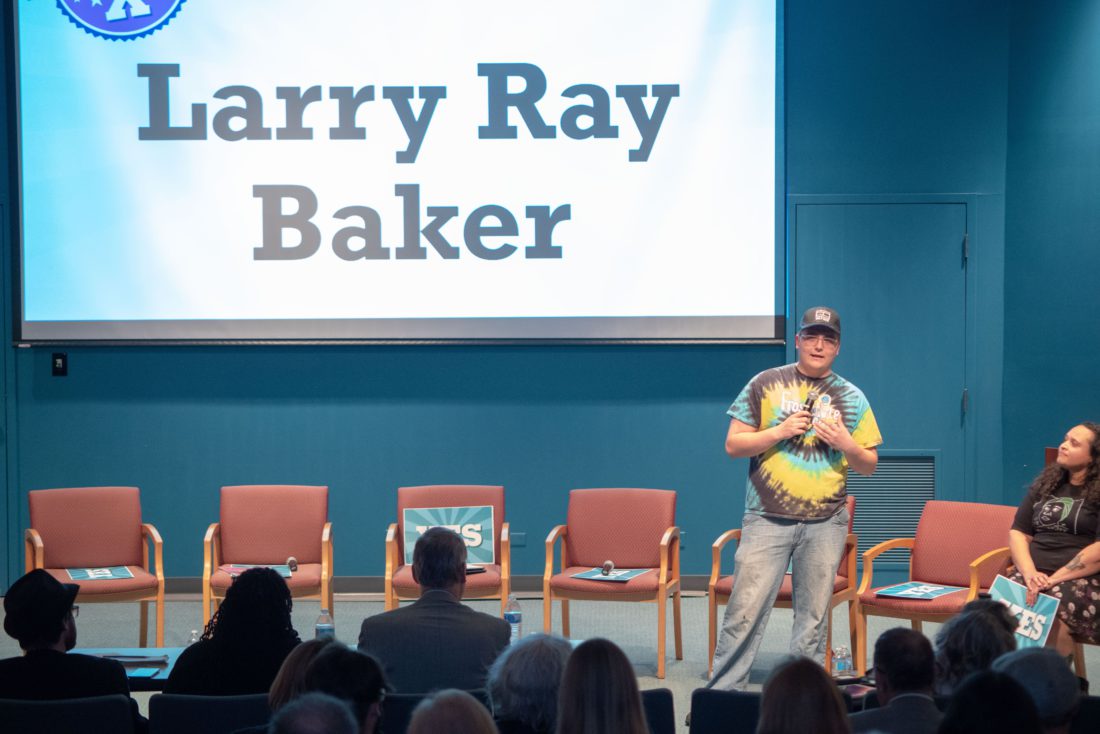
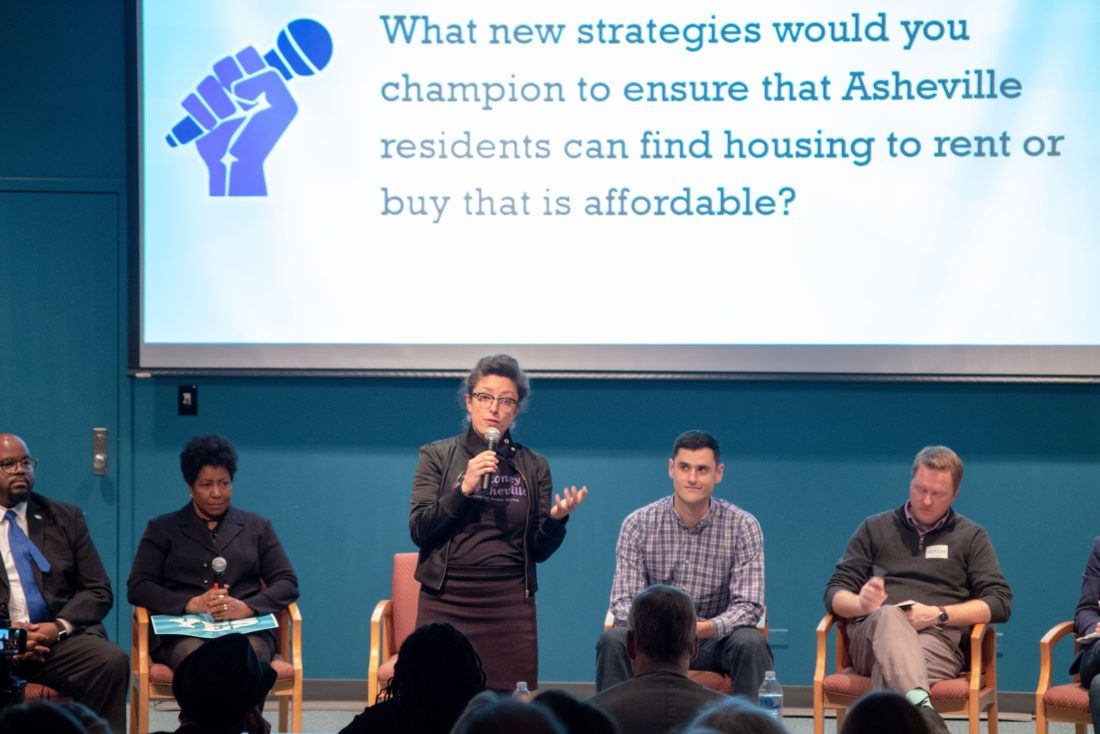
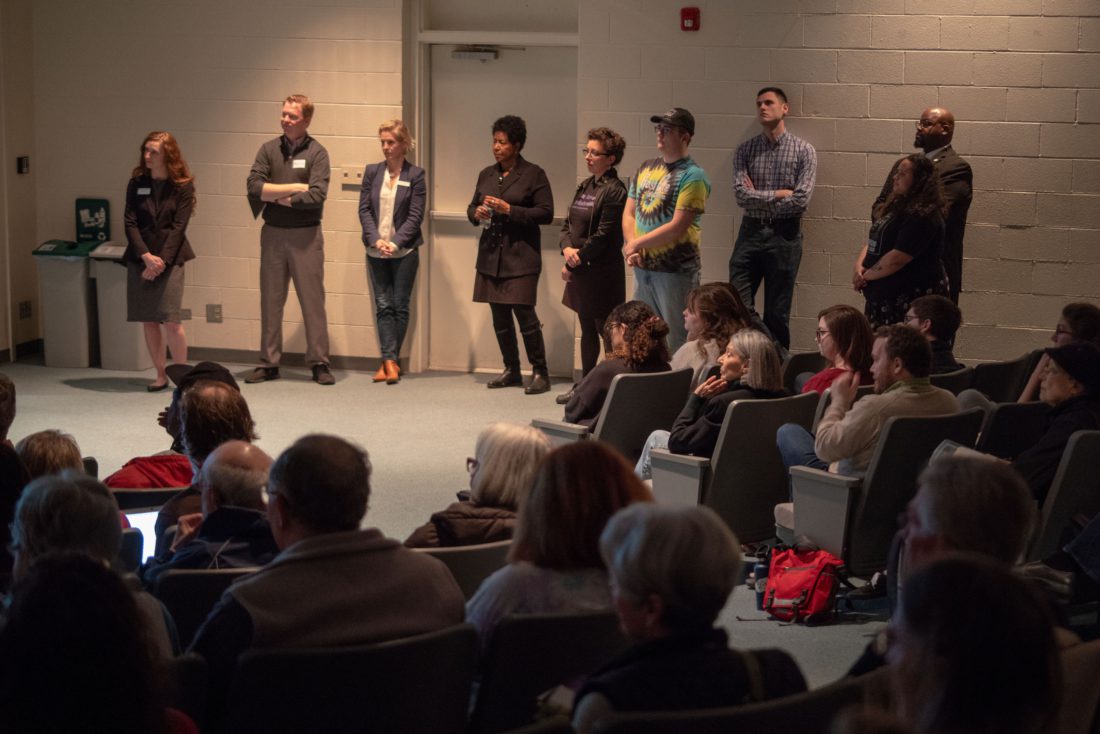
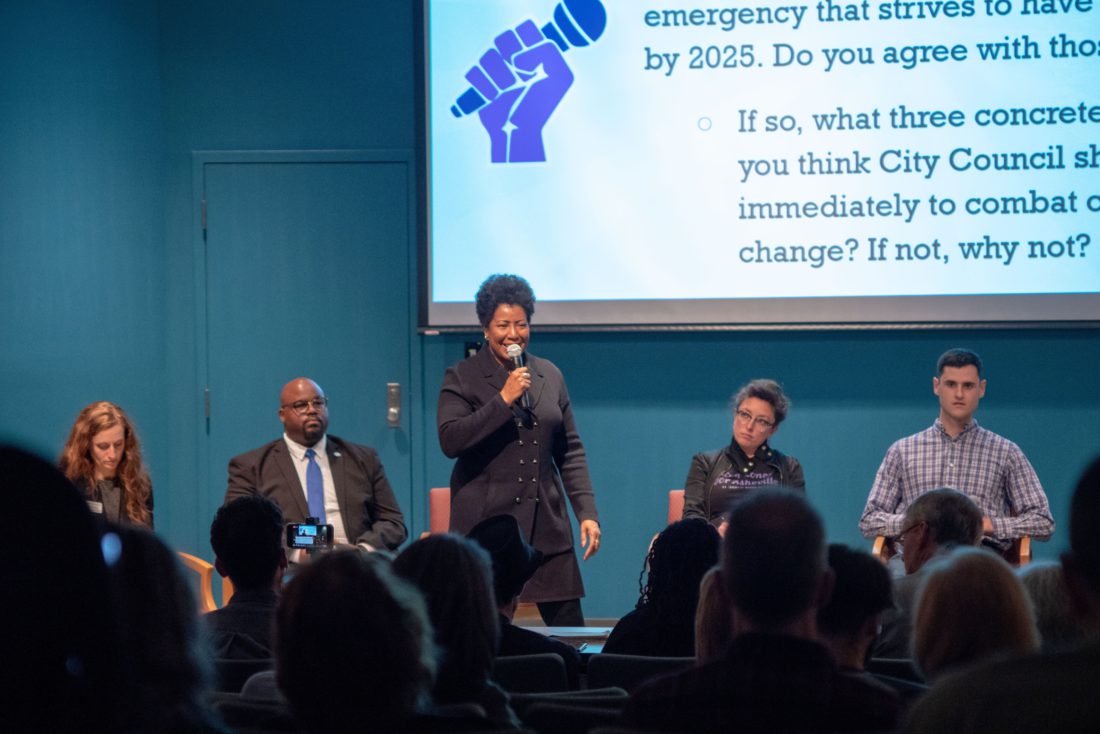
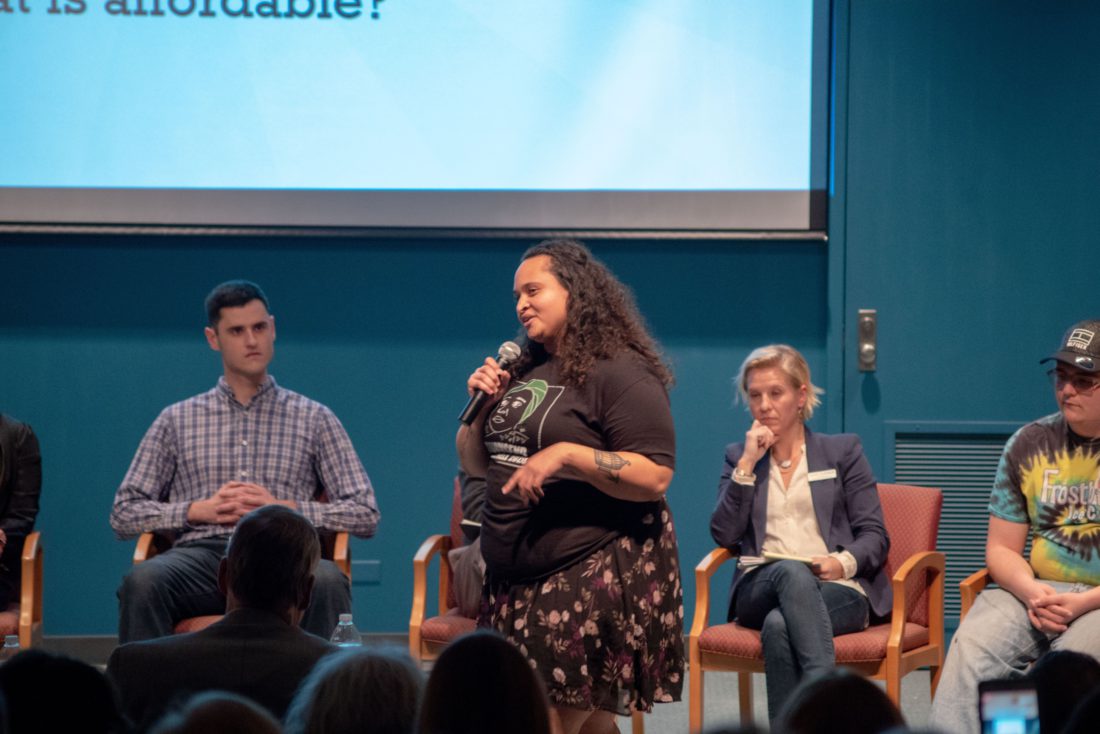
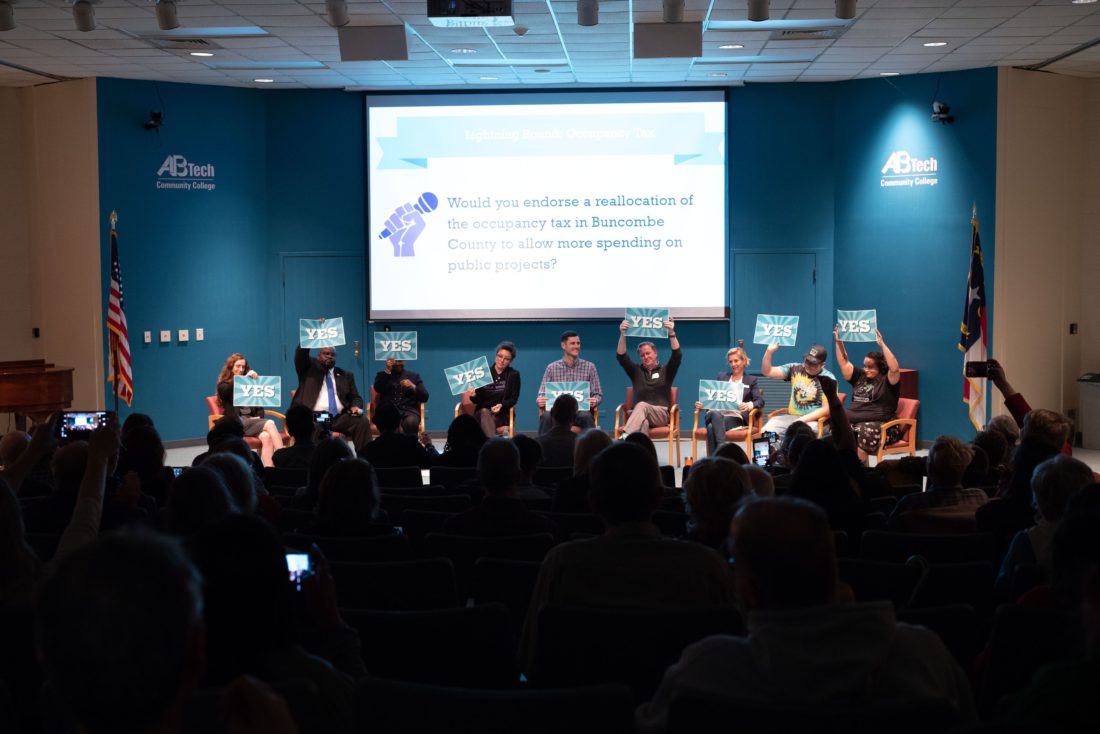
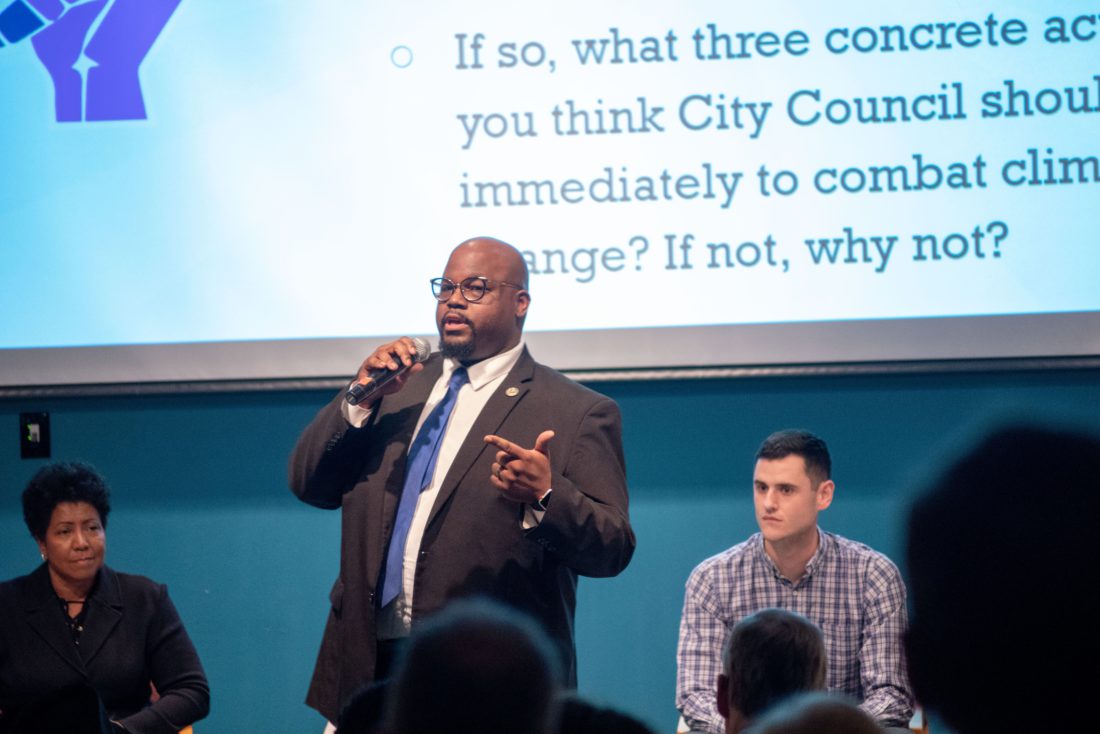
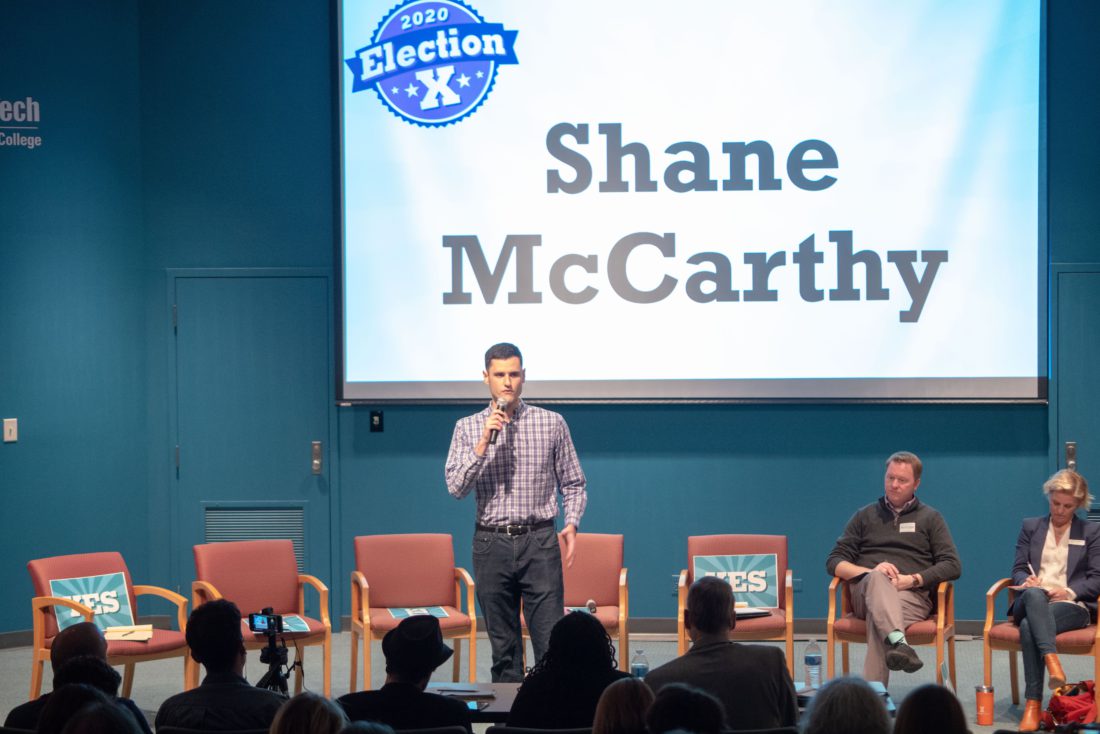
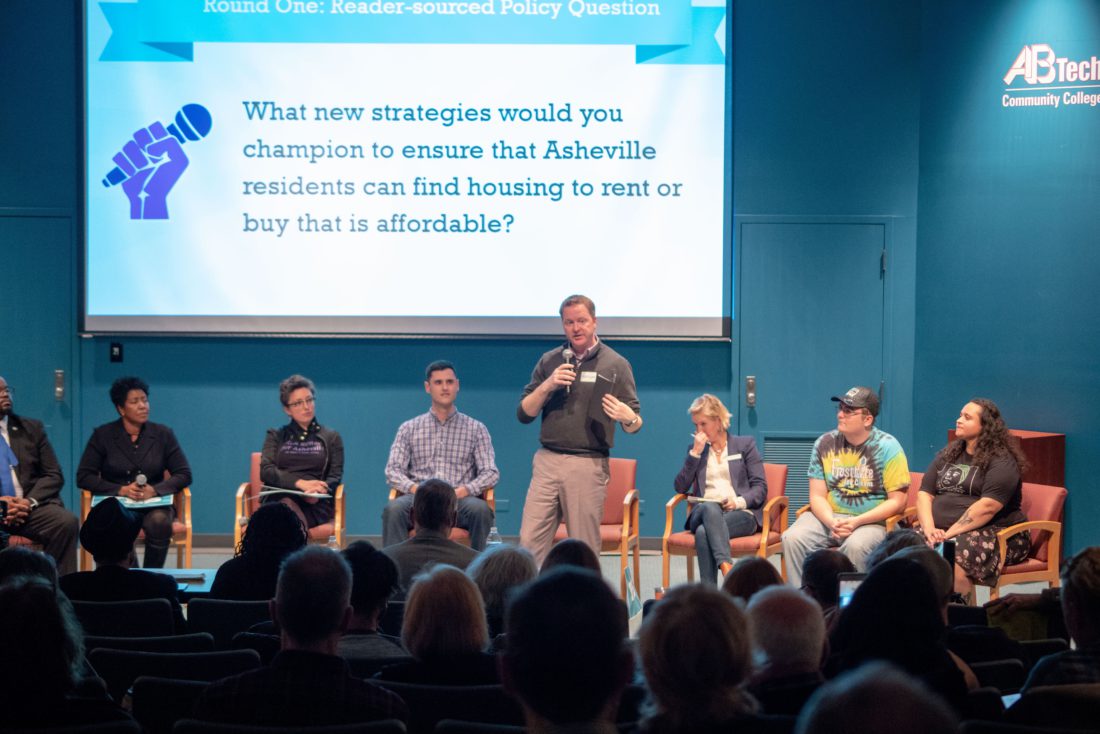
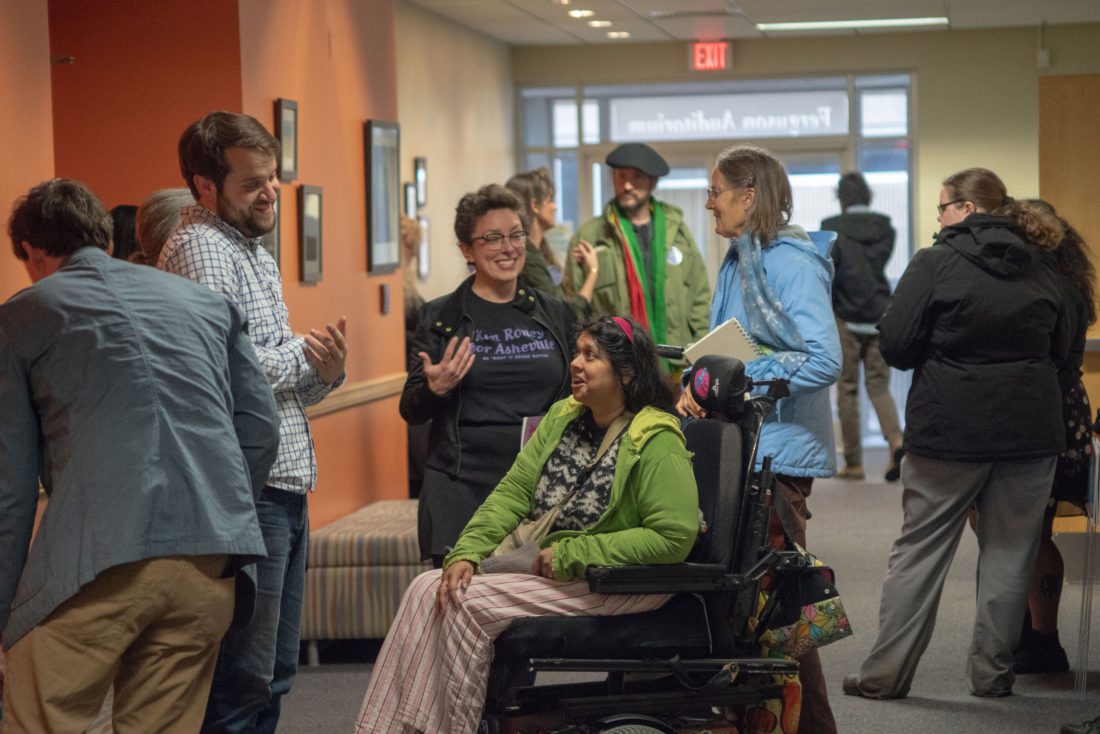
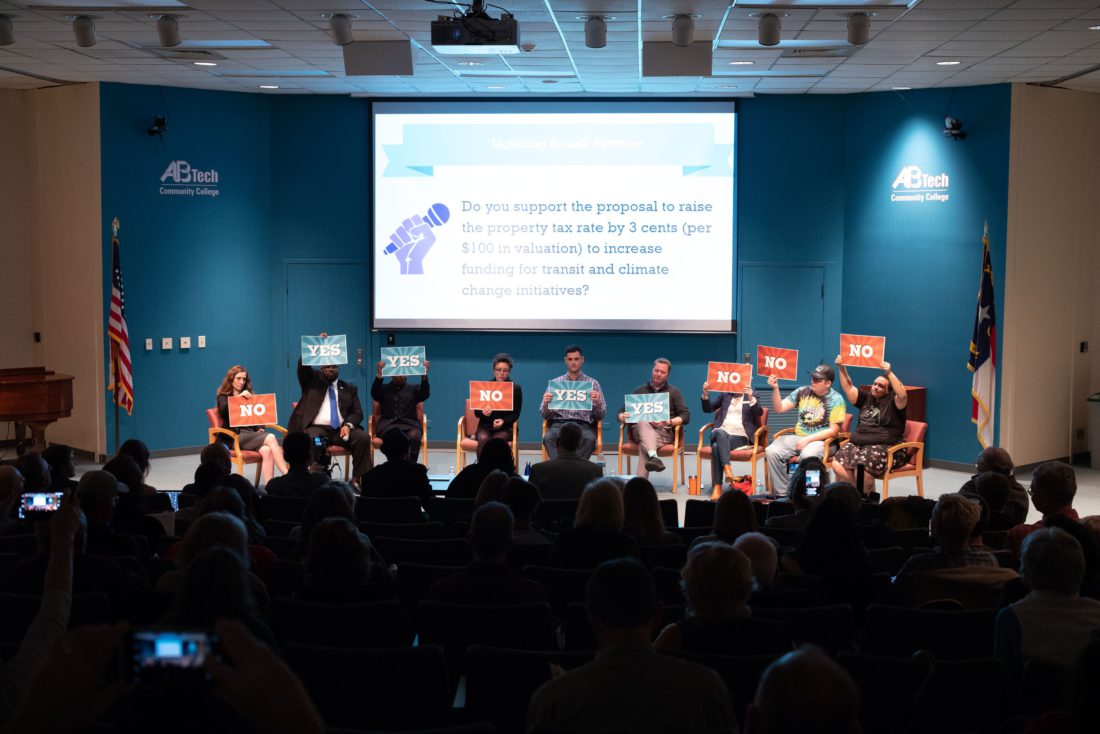
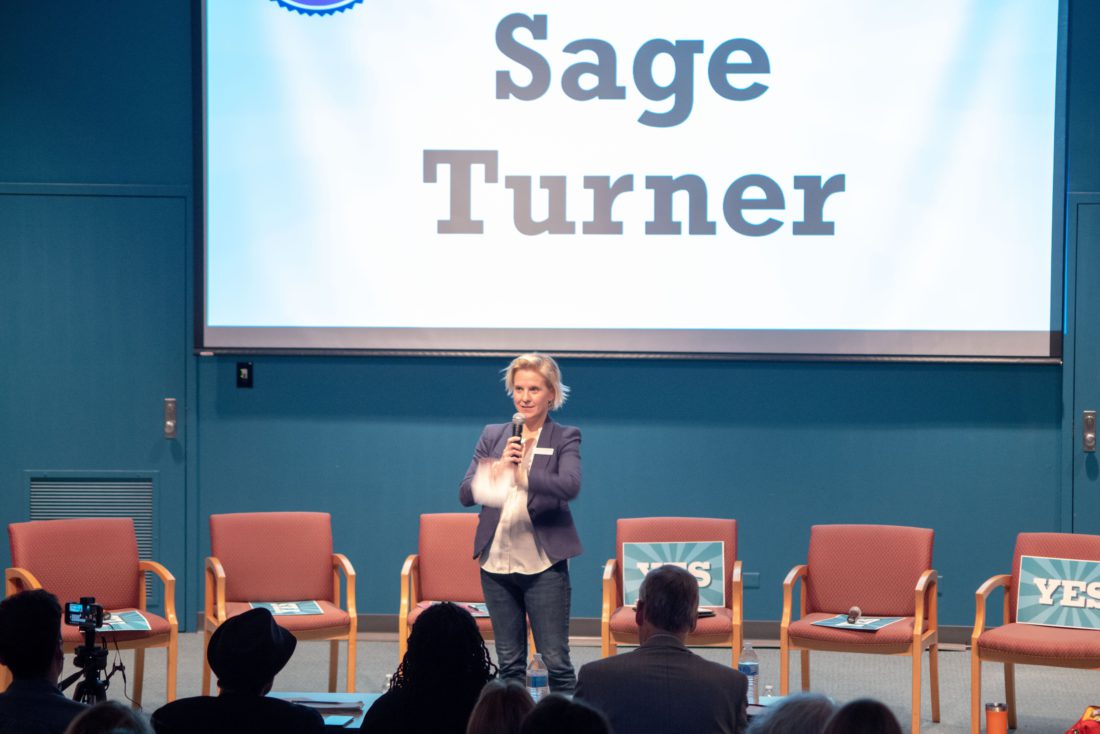
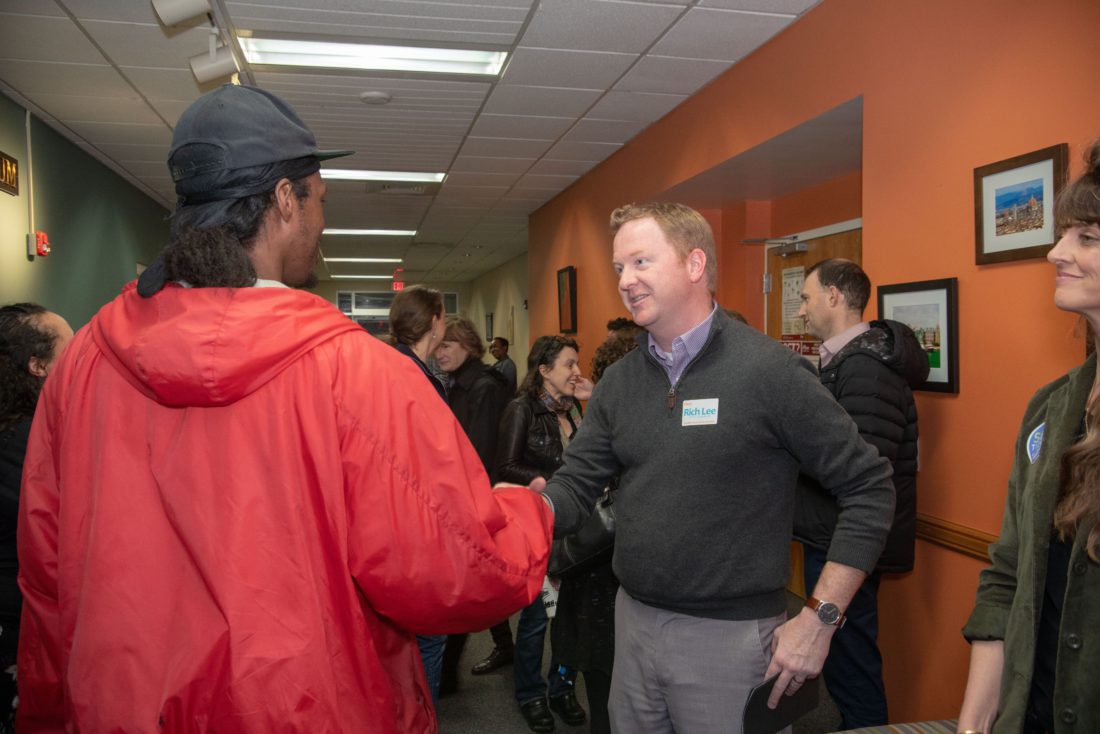
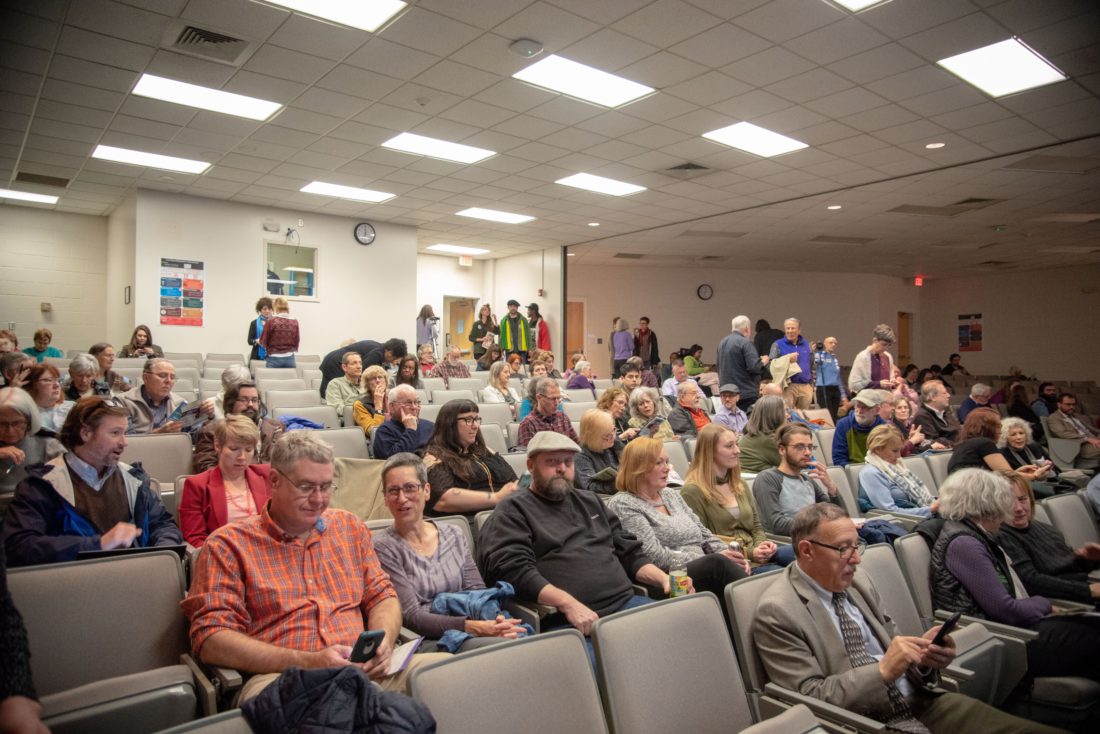
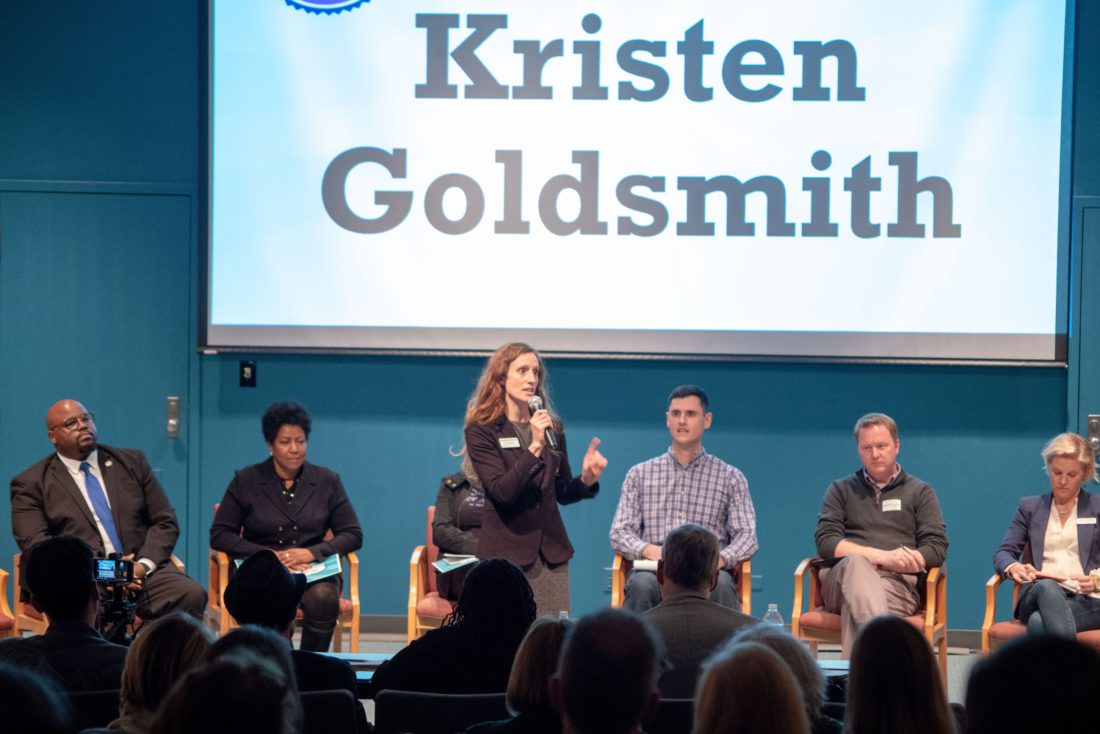
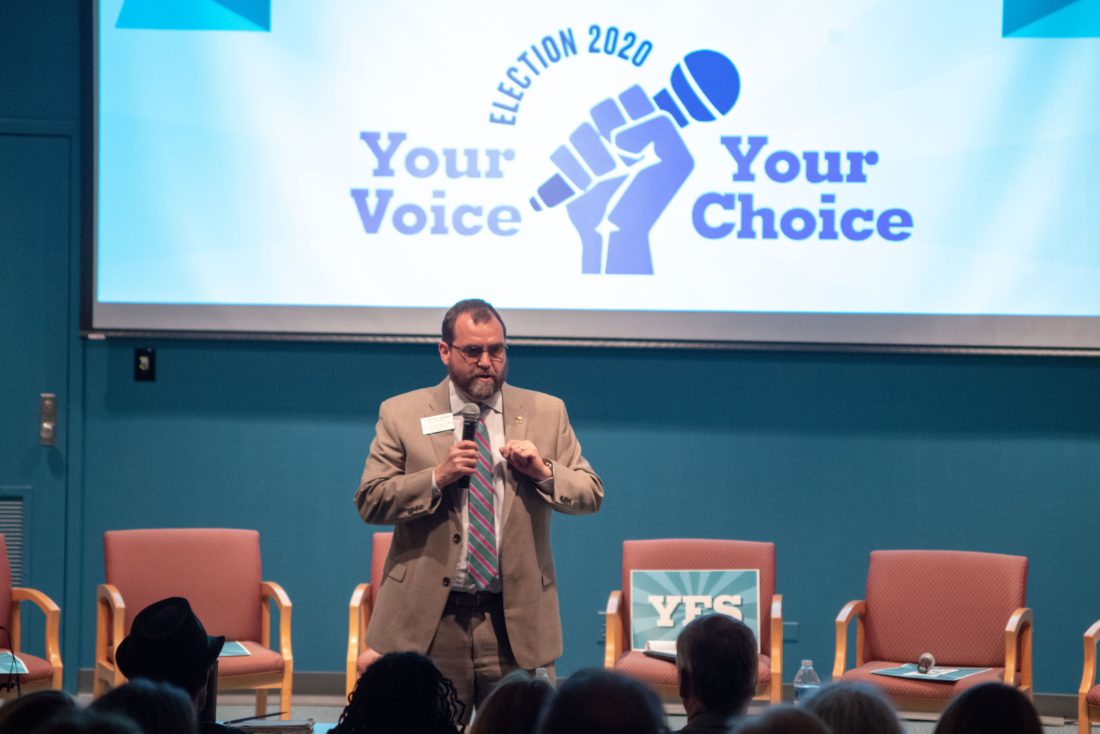

Whew. Sad looking bunch except for Keith. God help us.
Oh boy another round of tax increases but no comprehending that it also raises the rents. And that should be put into a rental clause that anytime taxes go up, the landlord will raise the rents to compensate. Maybe then some of these fools will understand that someone has to pay.
Here’s a thought. Stop spending.
OMG these people are loons. LOL a carbon fee? 3 cent property tax increases? LOL for what? Plant trees? You mean you’re not pressing the big developers to stop cutting them down? Of course not. LOL why stop at rent controls lulz? Just kick people out and bring in those that you want in.
Raising property taxes, adding food and beverage taxes, carbon fee, quarter cent sales tax… said by the very people that also say it’s too expensive to live here. So,… let’s make it harder? How about cutting back on nice to have things until we can pay for must have things. I’ll give up the $100,000,000 auditorium renovation, a bunch of greenways and the ongoing consultant fees and design costs for the pit of despair, among a lot of other things, to be able to afford to keep living in my house. Whatever happened to common sense?